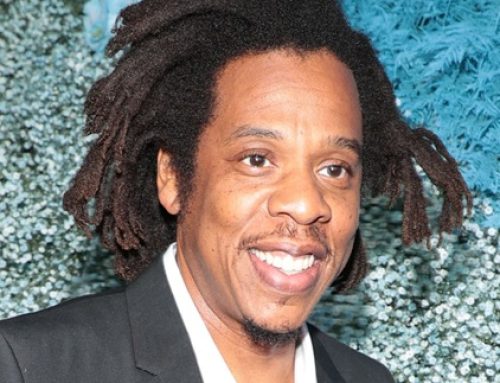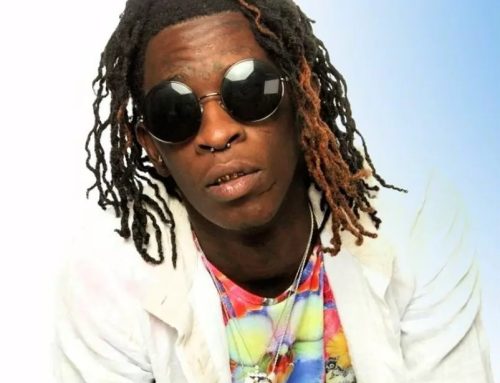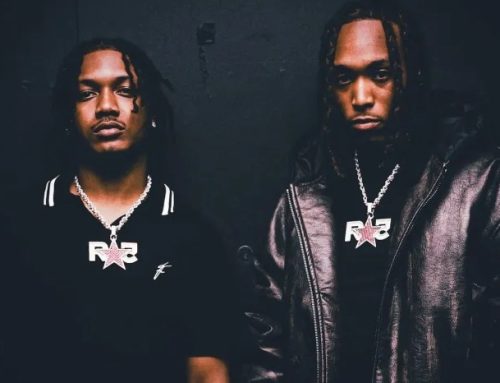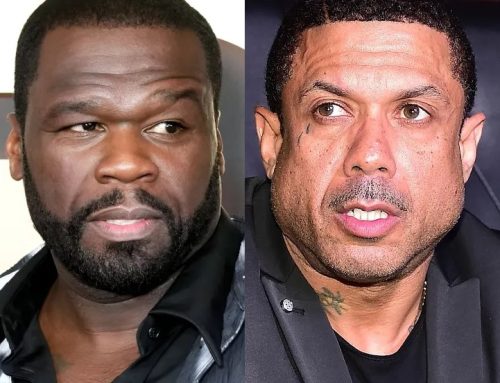The Grammy nominee harnesses her global reach to craft a remarkably vulnerable sophomore LP. Read Billboard’s album review.
Born Oyinkansola Sarah Aderibigbe, Ayra Starr’s stage name has always been her destiny. Her debut album 19 & Dangerous presented a self-assured teenage star who effortlessly and thoughtfully navigated the transition from adolescence to young adulthood in a specifically Gen Z context. The album spawned a pair of global hits — “Bloody Samaritan” (which earned a remix from R&B heavyweight Kelly Rowland) and the Grammy-nominated “Rush” — that lifted Ayra from local star to international Afrobeats ambassador.
On The Year I Turned 21, Ayra handles that change in status by using it to leverage some big-name collaborations. Through those collabs, she fearlessly blends different genres and languages to color her explorations of the intertwined themes of grief, heartbreak, empowerment and maturity.
Despite her rich, deep tone being the sharpest weapon in her arsenal, Ayra steps into her rap bag on blazing album opener “Birds Sing of Money.” The London and Marvey Again-helmed track blends stirring strings with a boom-bap inspired backbeat and a melodic Fújì (a Yoruba musical genre) intro, immediately previewing the album’s seamless blend of different sounds across the Black diaspora. When she declares, “I run my city, run my life, run my mind, but I never run away/ I’m so careful with my energy, please never speak upon my name,” she embodies a charismatic laid-back self-assurance that only comes with surviving your teenage years. Dripping with the bravado of Rihanna’s “B—h Better Have My Money,” “Birds” is an instant “bad b—hes get money” anthem, one whose energy courses through several of the album’s tracks.
Pre-release single “Commas” and “Bad Vibes” (with Seyi Vibez) continue the thread of Ayra focusing on getting her money up and rejecting things and people that drain her energy, but she offers more interesting takes on those themes on “Control” and “Woman Commando.” The former finds Ayra flipping the idea of female submission into a song about wanting a man to take the lead by picking up on her come-hither hints; “You know my lips don’t lie/ I want you to take control,” she coos, channeling a Shakira classic.
On the latter, a multi-lingual collaboration with fellow Grammy nominees Coco Jones and Anitta, Ayra delivers a women-empowerment anthem (“Tonight e be ladies night/ I no wan know your zodiac sign”) that sources its urgency and irresistibility from those pounding log drums. Big-name crossover collaborations tend to collapse under their own weight, but Ayra’s ear for vocal chemistry – Coco’s rich tone pairs beautifully with hers and Anitta’s cavalier delivery only intensifies the track’s swagger – is particularly special.
Of course, all these hymns of independence and confidence exist in conversation with songs exploring the darker parts of Ayra’s early 20s. The cycle of love and heartbreak plays across the album, with the Asake-assisted “Goodbye,” “Lagos Love Story” and “Last Heartbreak Song” (with Giveon), building out a self-contained triptych within the album’s larger narrative. “Goodbye” combines notes of Afropop and amapiano to soundtrack a conversation between two lover who understand that they are no longer compatible. It’s a much more nuanced take on young love than the gorgeous puppy-eyed “Lagos Love Story,” which features one of the most beautiful melodic lines (“I don fall in love”) of the year. “Let’s make babies/ We’re still young, but I dey ready/ Smoke some weed at the beach/ I feel ease when I’m with you/ Prayed Ciara’s prayer, God came through,” she sings, beaming through the studio microphone.
Ayra’s songwriting has always been refreshingly honest, but she taps into level of earnestness here – which is only bolstered by the whimsical intro-recalling background strings – that captures the innate naïveté of young love without embarrassment or shame. Always a dependable heartache crooner, Giveon’s baritone delivers a perfect complement to the Ayra’s deep voice, as the two attempt to convince themselves that this is the last time they’ll waste their lives pining over heartbreak.
For all of the big-name collaborations and maximalist pop sounds and melodies on the album, the most stirring moments on The Year I Turned 21 lie in the songs where Ayra places her voice and lyrics front and center. “21” is her de facto Adele moment, a reflective, sweeping ballad that’s punctuated with Rihanna-isms like the tongue-in-cheek, “At my grown ass age, damn.” “Orun,” the album’s best song, juxtaposes the jauntiness of highlife with soul-baring lyrics concerned with mental health and depression. “Every day is just the same/ No worries for tomorrow/ I wish I didn’t wake today/ But no, I gotta face my pain,” she muses.
There’s also album closer “The Kids Are Alright,” a classic tearjerker that’s less of a song and more of a compilation of voice notes recorded by Ayra and her siblings dedicated to their late father. When Ayra nails the seemingly endless riff on the last note of “Put in a good word for me” — a reference to her father speaking to God in Heaven – her voice swells not just with grief and loss, but also the catharsis that comes with accepting your circumstances and allowing them to build you into a stronger person.
There really isn’t a low moment of Ayra’s sophomore LP: Her pristine sequencing allows songs with familiar themes to feel fresh, and at a respectable 15 tracks the record doesn’t overstay its welcome. The one glaring misstep is the inclusion of “Santa,” her hit collaboration with Rauw Alejandro and Rvssian. By no means is “Santa” a bad song, but it is jarring shift from the album’s established narrative and a clear ploy at number-farming that undercuts how authentically the album relays Ayra’s story.
The Year I Turned 21 successfully achieves a balance that evades many sophomore albums. Ayra builds on the confessional nature of her debut and enlists new collaborators that substantially add to her sonic universe without sacrificing her Afrobeats foundation. In an era where many Afrobeats stars are keen to reject that label, Ayra fully embraces its past and present, while fashioning a future for the genre that’s refreshingly female-forward.






